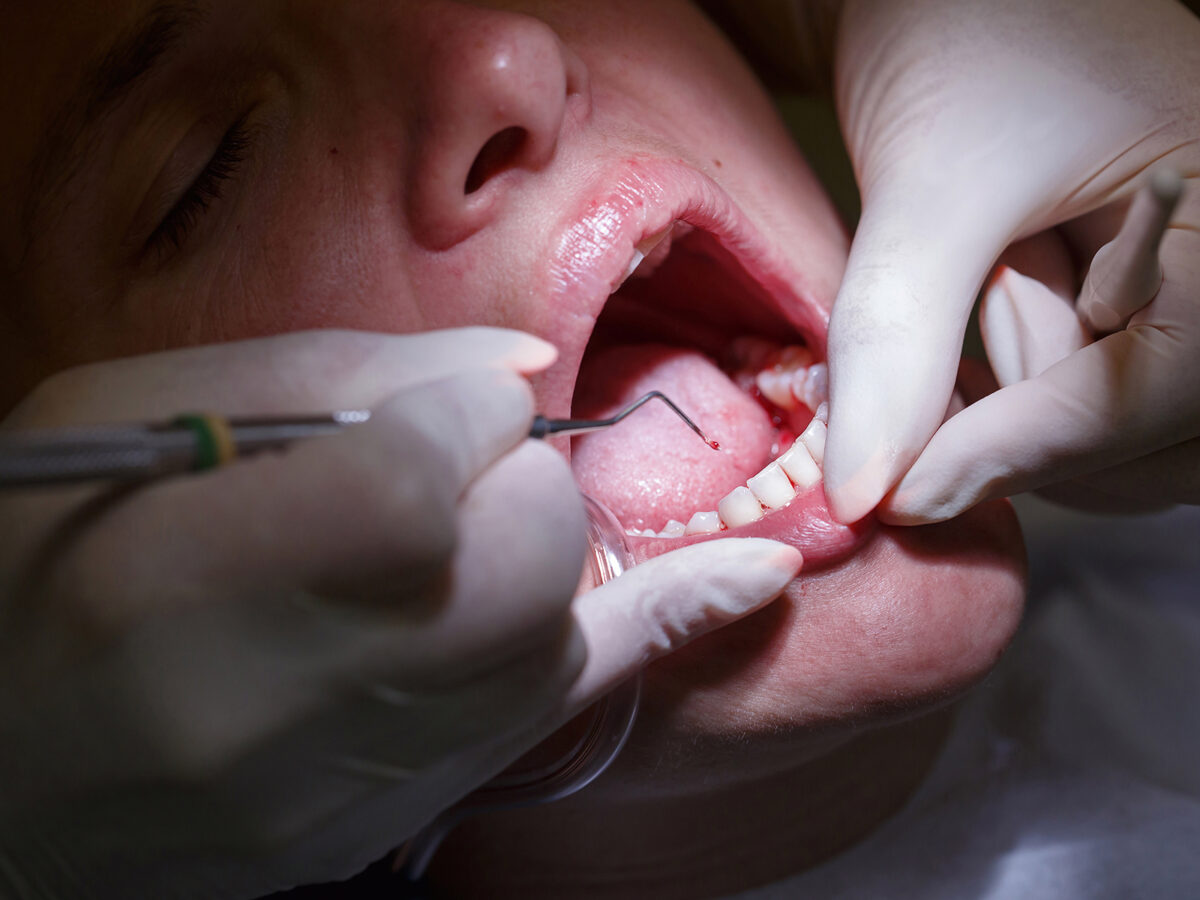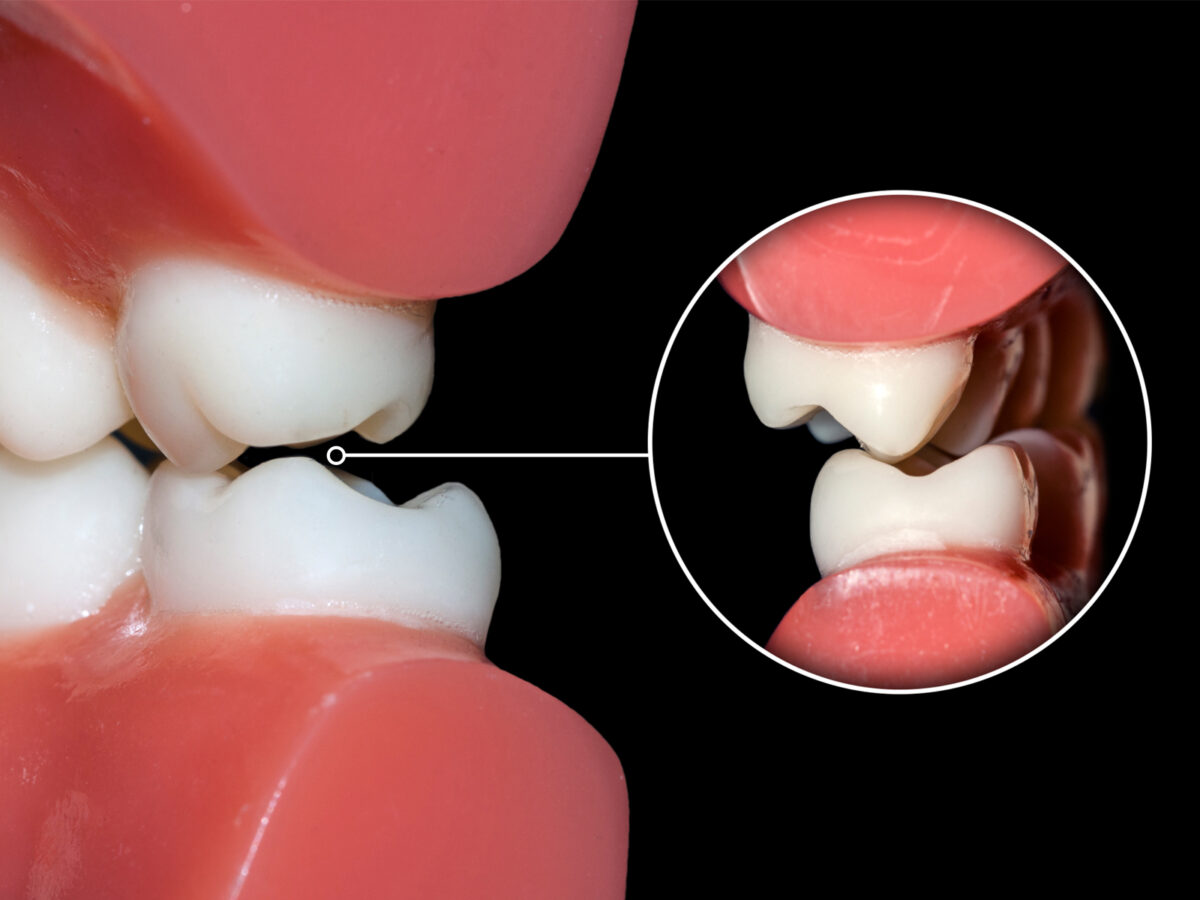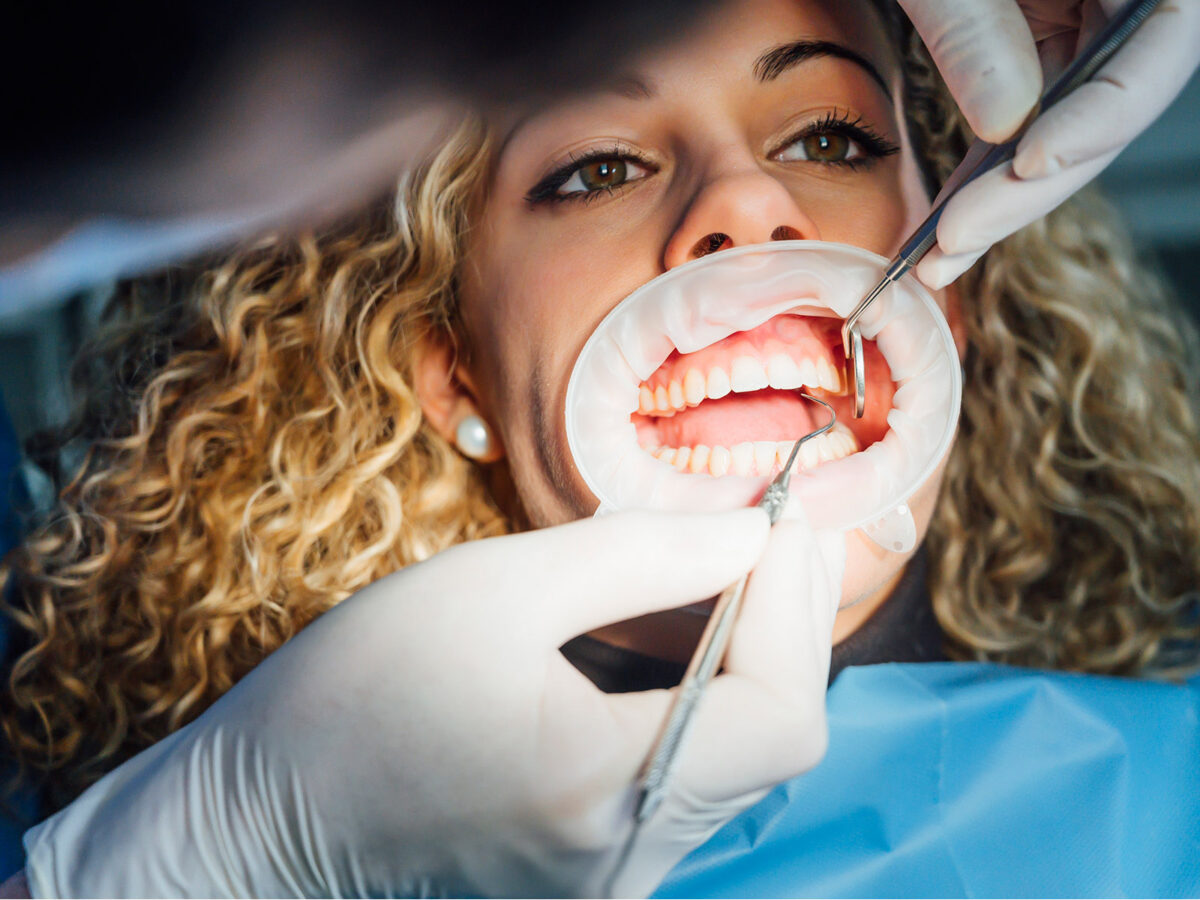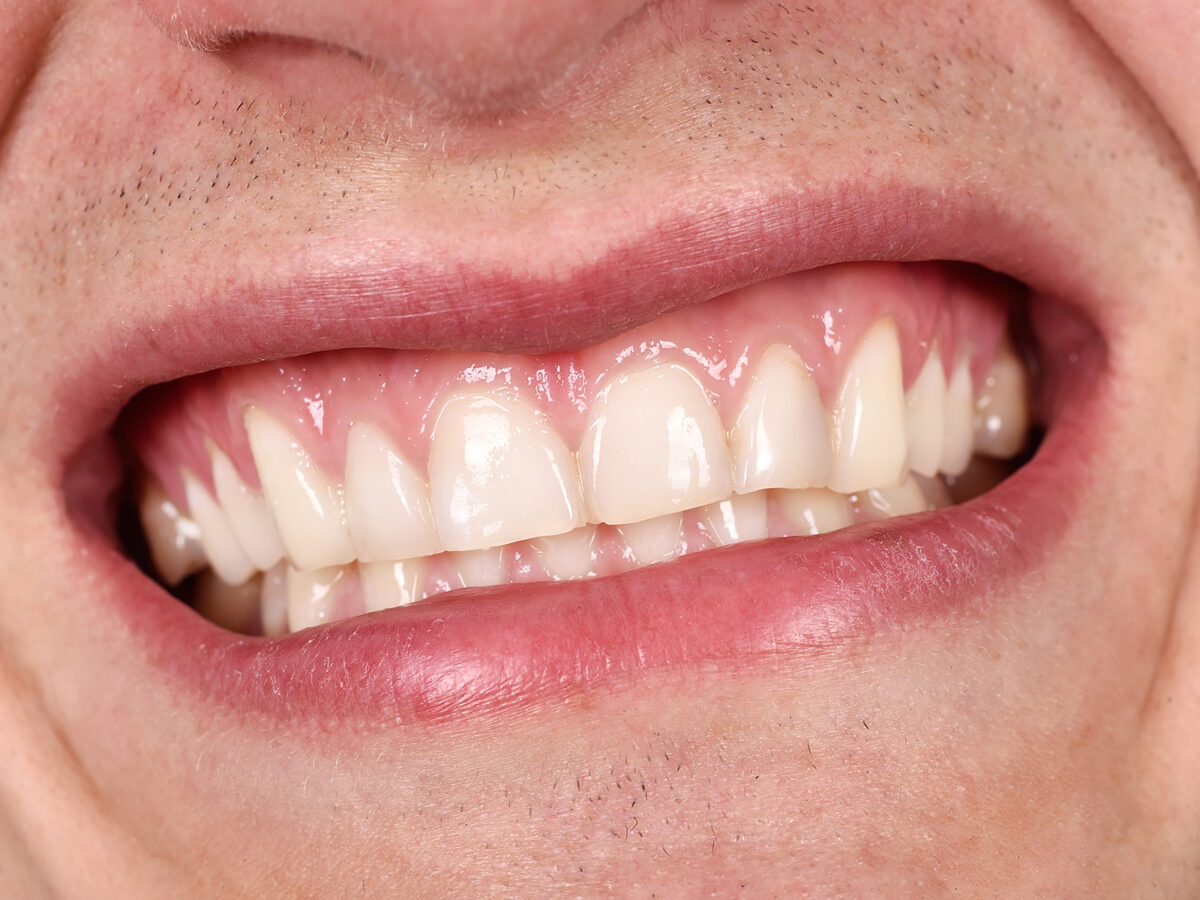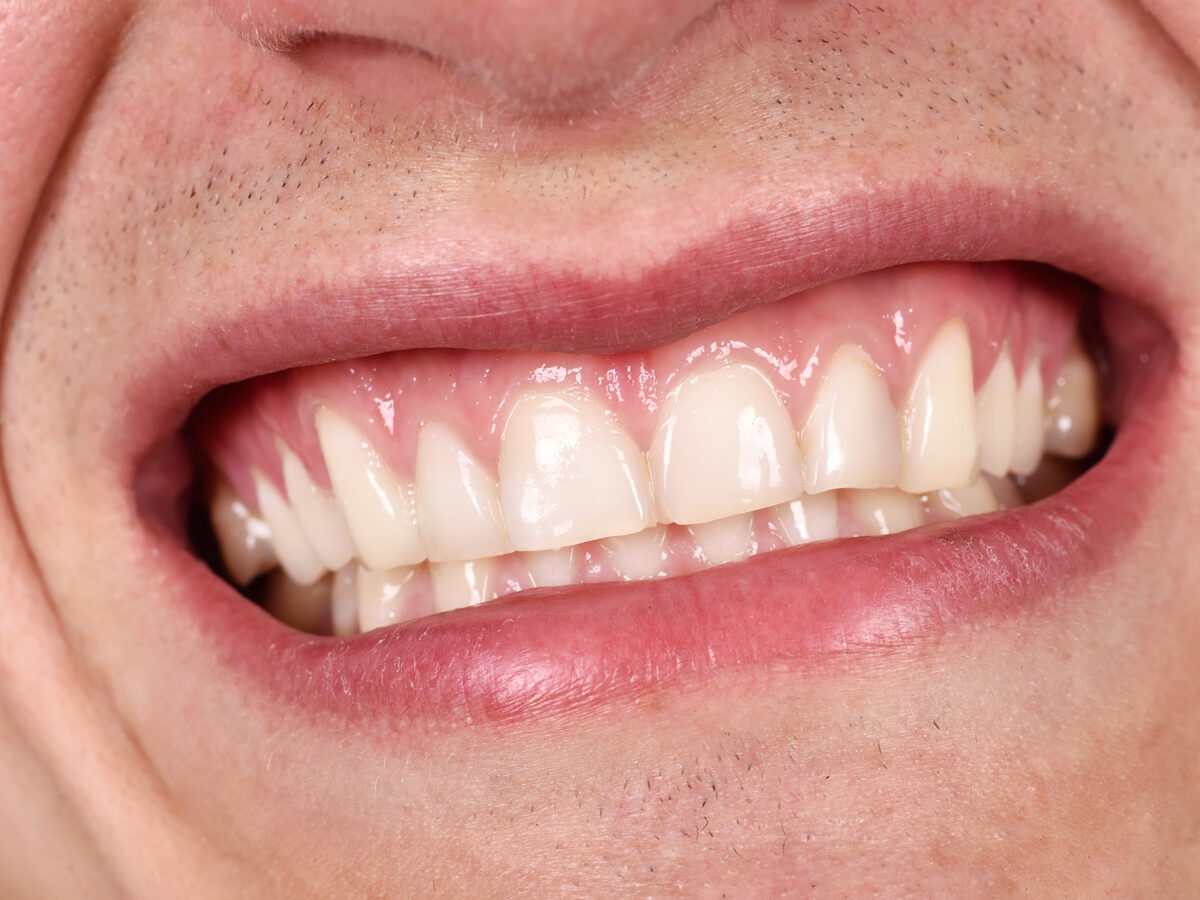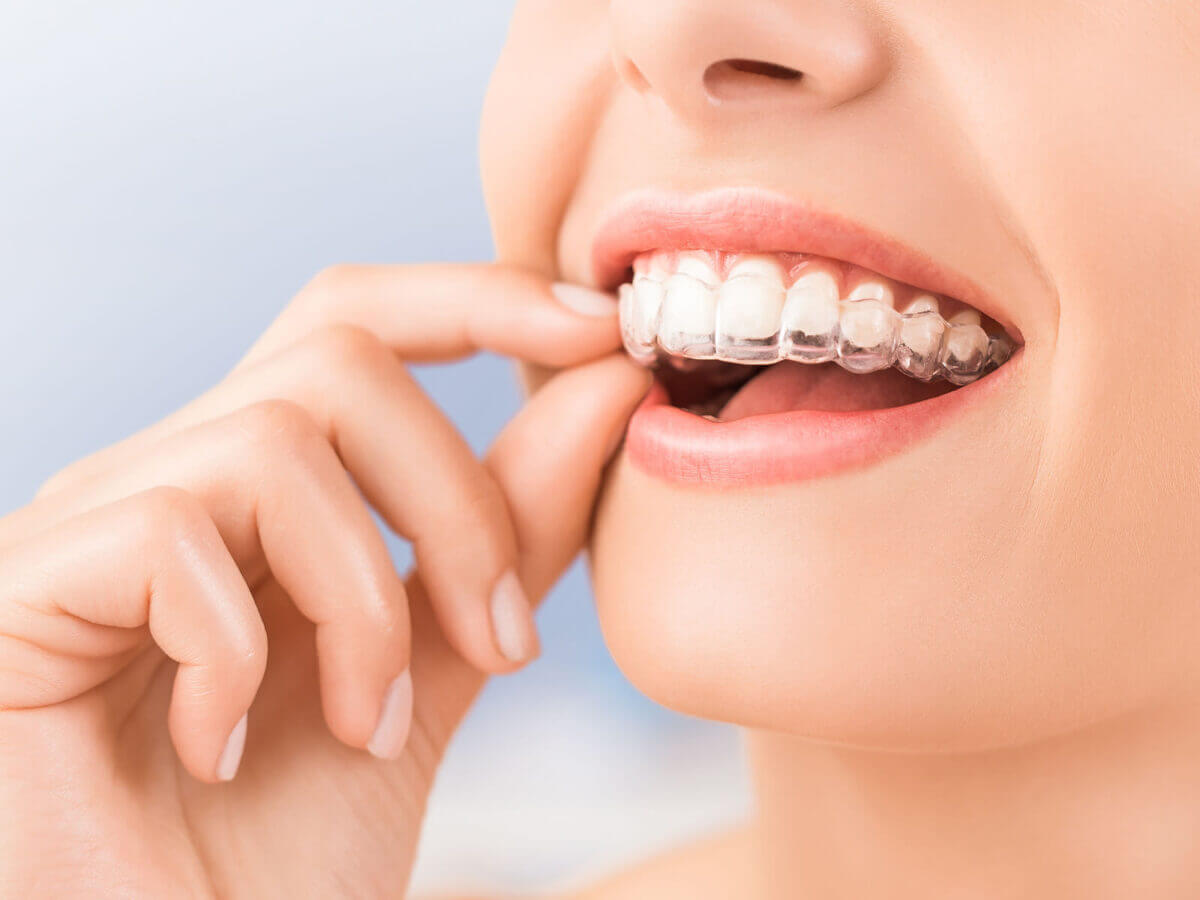You can have periodontitis, often known as gum disease if your gums are swollen and sore. Gum disease can deteriorate and advance to more complex stages, such as periodontitis if left untreated. Periodontitis can result in receding gums, damaged teeth and jaw, and eventually, tooth loss. To avoid abrasive surgery to treat advanced periodontal disease, it’s critical to seek treatment as soon as possible. The mildest type of gum disease, gingivitis, is brought on by poor dental hygiene, that causes gum inflammation and pain.
Improve oral hygiene for treating periodontal disease
The first step in treating periodontal disease is to improve your oral hygiene routines. It entails using an antimicrobial mouthwash, flossing once daily, and cleaning your teeth twice a day. Furthermore, as they might hasten the onset of periodontal disease, smoking, and excessive alcohol consumption must be avoided.
It’s best to start brushing and flossing your teeth now if you haven’t been doing so lately. Within a few days, you’ll start to notice a difference in the condition of your gums’ appearance and feel. Use a toothbrush with soft bristles and clean your teeth gently in circular strokes. Be careful when flossing to avoid causing gum irritation.
Home remedies for treating periodontal issues
There are several things you may do at home if you want to treat periodontal disease organically. First and foremost, it’s crucial to practice frequent tooth brushing and flossing to maintain proper oral hygiene. Bacteria that cause periodontal disease can also be controlled using natural home treatments.
Oil pulling is a well-liked natural cure that entails swishing oil around in your mouth for 20 minutes everyday. Your teeth and gums will benefit from the removal of plaque and bacteria in this way. You might also use a natural mouthwash produced with essential oils like tea tree or peppermint.
It’s crucial to maintain a healthy diet and avoid sugary foods and beverages if you have periodontal disease. Consuming enough fruits and vegetables can help to maintain good dental health. Green tea includes antioxidants that prevent gum inflammation. Therefore, drinking it can also be advantageous.
Using special toothpaste for treating periodontal issues
Periodontal disease can be reversed, and the health of receding gums can be improved by using specialized toothpaste. It is suggested that you switch to a toothpaste product containing natural ingredients to improve your dental hygiene regimen.
There are several possibilities, each with various components that may assist in lessening oral bacterial growth, such as essential oils. Due to its antibacterial qualities, Tea Tree Oil is a common ingredient in these toothpaste brands.
Additionally, popular are propolis and myrrh because they help remove bacteria and film from teeth and gums. These toothpaste varieties also frequently contain xylitol, which is known for its potency in preventing plaque development. Additionally, the natural flavors of these toothpaste products, such as pomegranate and spearmint, promote oral health while also tasting good.
Saltwater for treating periodontal disease
Gum disease can be prevented naturally by using salt water. It is well known that salt has disinfecting qualities that can aid in the healing of inflamed gum tissue and the removal of germs from the mouth. Use boiling water and sea salt to make this cure, then rinse your mouth with it after it has cooled. It’s a great approach to keeping your mouth healthy in addition to routine brushing and flossing.
Eat whole foods
Whole foods are a greater source of vitamins and nutrients, and foods such as kiwis, raisins, onions, and cranberries are great for your teeth. Cheese, sesame seeds, and celery are all healthy snacks. The mouth can be naturally protected by saliva by drinking enough water, which helps avoid mouth dryness. Periodic rinsing with water can also help to get rid of debris and stop buildup.
Lastly, our general health, which includes the condition of our teeth, is significantly influenced by the foods we eat as well as the vitamins and nutrients we ingest. Consuming foods rich in antioxidants, beta-carotene, and Omega-3 fatty acids has been linked to improved periodontal healing, according to studies. Apart from consuming enough fruits, vegetables, vitamin C, and vitamin E, do not forget to visit your dentist at timely intervals.

